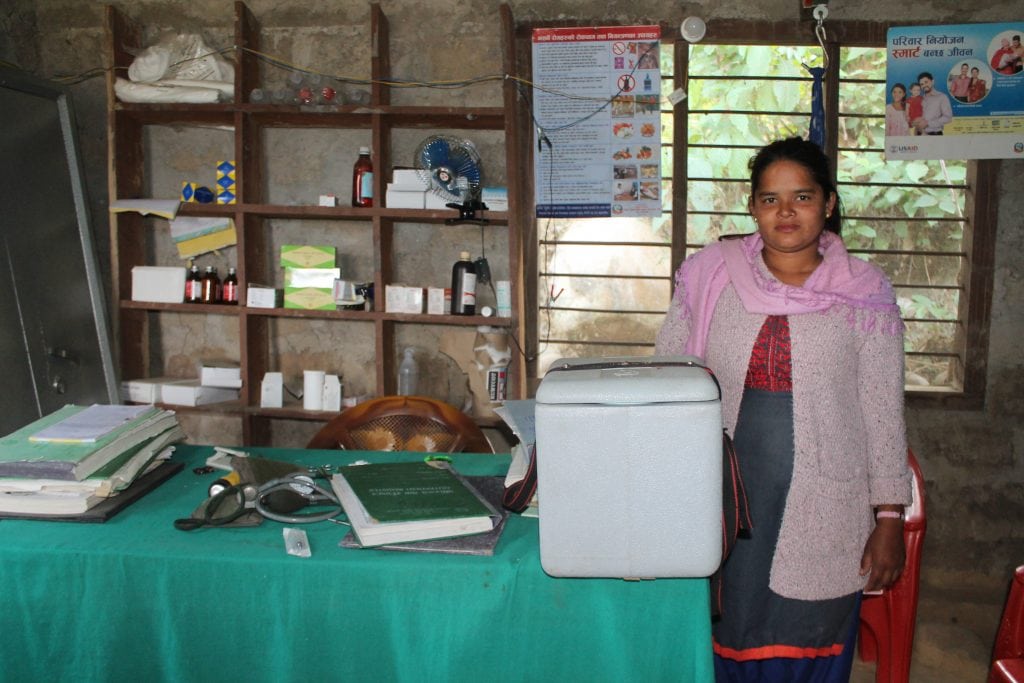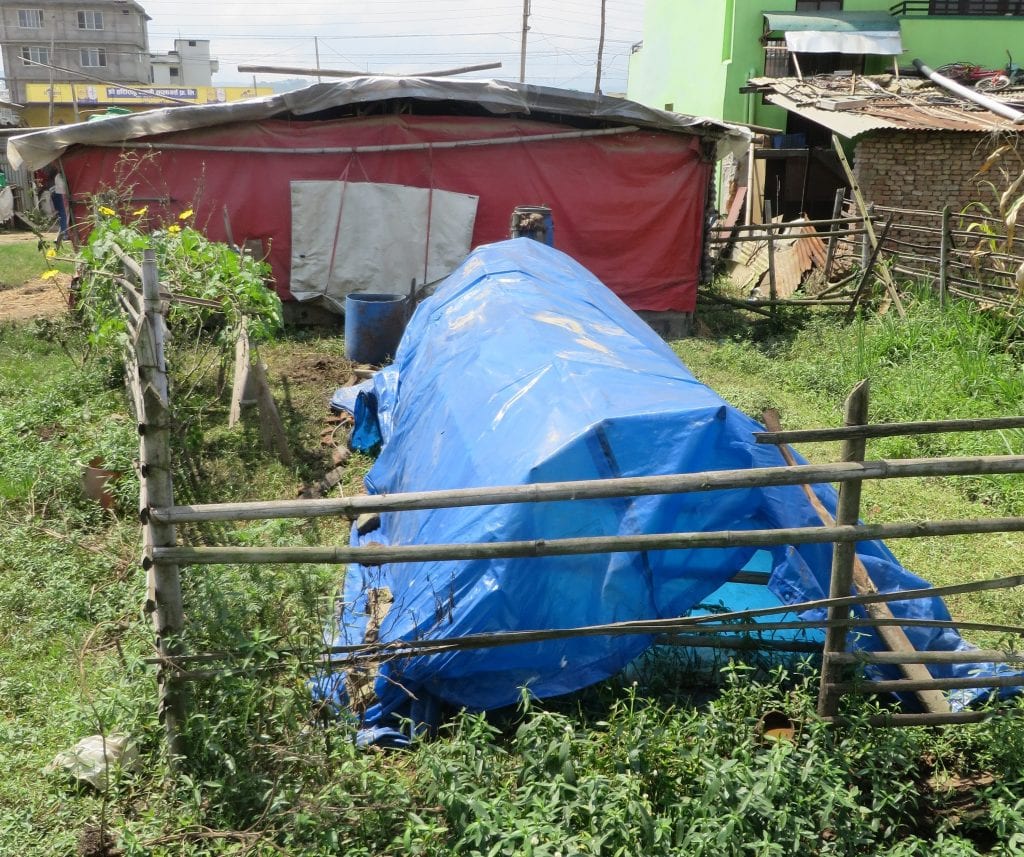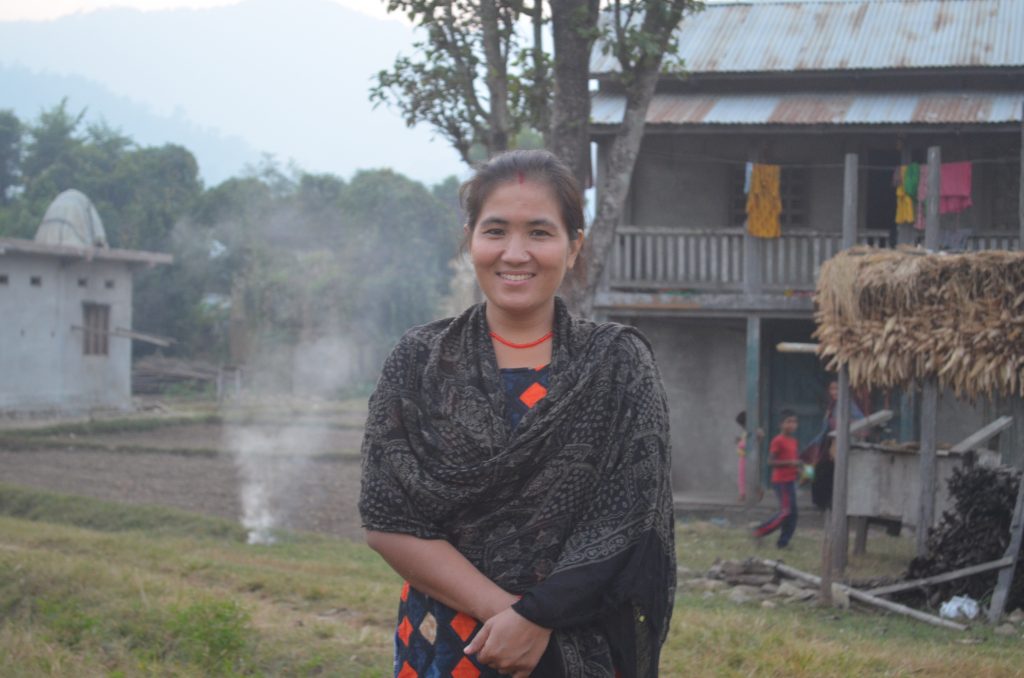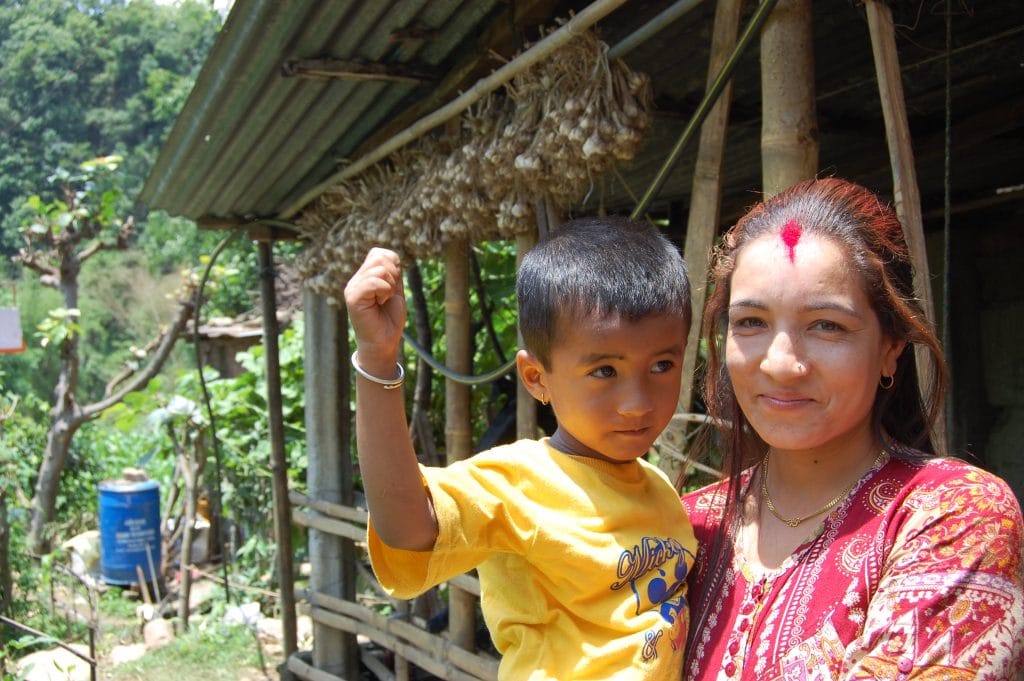Using clean energy as a catalyst
As the world struggles to cope with the spread of the coronavirus pandemic, it is the poorest of the poor who will be hit the hardest. Even if the virus does not reach them, national shutdowns and restrictions on movement mean that their already limited resources will be even harder to access. Those already living in poverty have little resilience to shocks like this and will have the hardest time recovering.
Renewable World’s priority at this time is to protect and support the communities that we work with. While our programme will, without doubt, be impacted by the current COVID-19 crisis and the government restrictions being put in place, we are acutely conscious of the even greater need for our work in these times of crisis.
2020 is set to be a busy year for our team in Nepal, with five new projects scheduled to begin over the course of the next 12 months. Despite the current restrictions, we remain committed to the work we do and to delivering these new projects as soon as the global situation allows. We also believe that these new projects will have a big part to play in helping communities recover.
Introducing the new projects
We will be building on existing programmes that use tried-and-tested technology, as well as piloting new and innovative renewable energy solutions and that reach new beneficiary groups. Over the course of the next three years, we expect to reach nearly 50,000 individuals with life-changing renewable energy technology.
Using clean energy as the catalyst, each new project aims to deliver at least one of the following four main themes: improving health and resilience; improving livelihoods and income generation; improving access to education; and improving water, sanitation and hygiene practices (WASH).
Clean Energy for Improved Health (E4H): Improving the health status of 2,400 households in 10 poor, off-grid communities in Surkhet District, Nepal through access to clean energy solutions.

Enriching Agriculture in Nepal through Bag Digesters (ENRICH): Increasing nutritional intake and generating increased income through the development of a new, self-sustaining market in Bag Digesters, biogas and organic fertilizer in Surkhet and Banke Districts.

Renewable Energy Access for Livelihoods in Fragile Buffer Zones (REALiZe): Enabling 8,378 poor people living in northern Bardia and Banke National Park buffer zones to generate a sustainable, renewable-energy enhanced income, conserve the fragile forest landscape in which they live, and gain a louder voice in buffer zone decision-making.

Transforming Education through Energy Access and Simple, Sustainable Solutions (TREATS): Improving access to secondary level education for 3,000 students in Gulmi District, with a focus on girls and children with disabilities, using solar-powered water provision, combined with sanitation and hygiene facilities, resources and knowledge.

Using Renewable Energy to Kickstart Agriculture in Achham (UREKA): Improving food security and income generation in Achham District through access to solar water pumping technology across five communities. Providing agricultural training and enhancing value chains by introducing solar-powered agro-processing units and supporting local cooperatives.

We want to thank each and every one of you for your past and future support of these programmes. Rest assured that we will continue to plan and work safely over this period of uncertainty, so we are ready to begin these new, life-changing projects in earnest when the time is right.